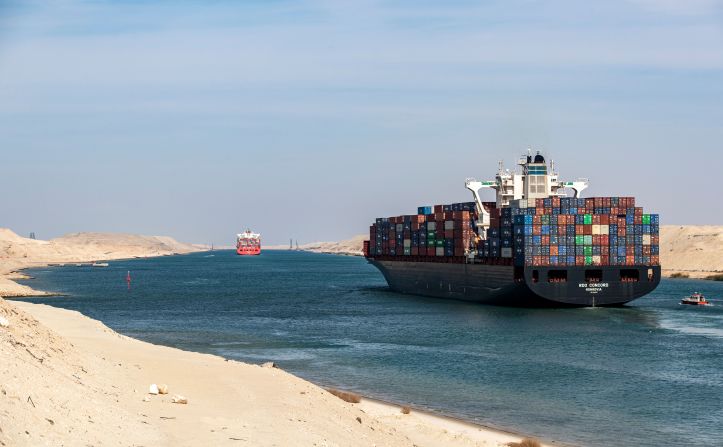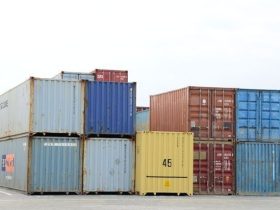
Eswatini’s main exported goods
Eswatini, a small, landlocked country in Southern Africa, relies heavily on agriculture, textiles, and mining for its export economy. Its primary trading partner is South Africa, with other notable relationships in Africa and outside the continent. Eswatini’s exports are predominantly natural resources and raw materials, along with a few manufactured goods that play a crucial role in its economic stability. Below is an in-depth look at the key products that Eswatini exports.
1. Sugar and Sugar-Related Products
Sugar is one of Eswatini’s most significant exports, contributing a substantial portion of its GDP. The country has favorable conditions for growing sugarcane, which thrives in its warm climate and fertile soil. Eswatini produces various forms of sugar, including raw, refined, and specialty sugars, making it one of Africa’s leading sugar producers. The industry supports a large portion of the population, directly through employment in sugar plantations and mills, and indirectly through services that support the sector. Primary export destinations for Eswatini’s sugar products include the European Union, the United States, and some African countries under preferential trade agreements.
2. Wood Pulp and Timber
Forestry is another critical sector, with wood pulp and timber products making up a substantial part of Eswatini’s exports. The country has invested significantly in pine and eucalyptus plantations to meet global demand for pulpwood and sawtimber. Eswatini produces high-quality wood pulp that is primarily used for paper manufacturing, which is exported to various countries, particularly in Asia and Europe. This export category is essential as it supports sustainable forestry practices, which are crucial for long-term environmental and economic health. The timber industry also supports rural communities through job creation and infrastructure development.
3. Citrus and Other Agricultural Products
Beyond sugar, Eswatini’s agriculture sector also exports citrus fruits, particularly oranges and grapefruits, along with other crops like maize, pineapples, and vegetables. Citrus exports are valuable to Eswatini’s economy because they diversify the agricultural sector and contribute to food security. Citrus fruits are mainly exported to South Africa and other nearby markets, although some reach international markets through trade agreements. Smallholder farmers play an essential role in this sector, with government programs supporting them to enhance productivity and market access.
4. Textiles and Apparel
Textiles and clothing constitute a key part of Eswatini’s export portfolio, with garments produced in Eswatini finding markets in South Africa and beyond. The country’s textile industry has seen growth due to trade agreements like the African Growth and Opportunity Act (AGOA), which provides access to the U.S. market for qualifying African-made products. Eswatini’s textile products include T-shirts, pants, and other garments that are competitively priced and produced through relatively low-cost labor. The sector provides employment to thousands, especially women, in urban and peri-urban areas, thus contributing significantly to the livelihoods of many families.
5. Soft Drink Concentrates
A lesser-known but significant export for Eswatini is soft drink concentrates, which the country produces under license for major global beverage companies. These concentrates are exported to countries in Africa and other parts of the world for bottling and distribution. The production facilities have not only enhanced Eswatini’s export income but also created a steady revenue stream and job opportunities in the manufacturing sector. The sector’s growth reflects Eswatini’s ability to attract foreign direct investment, especially in manufacturing industries that can serve broader African markets.
6. Coal and Mining Products
Eswatini has a modest but growing mining sector, with coal being the primary mineral export. The country’s coal is used both domestically for energy generation and industrial purposes, as well as exported to neighboring countries, particularly South Africa. Eswatini’s mining sector faces some challenges, including limited reserves and high competition from other coal-producing countries. However, it remains a valuable contributor to the economy, providing jobs and infrastructure in mining regions.
7. Handicrafts and Traditional Products
While not a major export compared to the above industries, Eswatini is also known for its handicrafts, including woven baskets, beadwork, and traditional clothing. These items are often sold in international markets, particularly through tourism channels. The handicraft sector helps preserve cultural heritage and supports small businesses and cooperatives, especially among rural women. The export of traditional products helps diversify Eswatini’s export offerings, providing income to artisans and contributing to the country’s identity on the global stage.



Leave a Reply